Janice Carissa
Indonesian pianist Janice Carissa has an impressive history and is currently pursuing a Master’s Degree at Juilliard. So I was really excited to attend her New York recital on Saturday Feb. 25th, 2023.
Granados: Allegro de Concierto
Janice radiated competence from the opening flourish of this lush, flowing showpiece. She was equally at home in Granados‘ fast arpeggios and his more reflective moments. Her strong bass punctuation stitched the work together perfectly.
Granados: The Maiden and the Nightingale (Goyescas)
Janice played this sweetly romantic morsel with restraint and sensitivity. Her twinkly nightingale, appearing near the end, was suitably forlorn. If the melody in this work sounded oddly familiar, it is because it inspired the popular song Bésame Mucho by Consuelo Velázquez.
Granados: The Puppet “El Pelele” (Goyescas)
This cheery work was entertaining and showy. Watching Janice play, I was struck by how strong her hands were, and how assured she was at the keyboard. There might have been a minor slip here or there, nonetheless it was thrilling to watch.
Liszt: Rhapsodie Espagnole
Janice Clarissa tackled this extremely demanding work with comfort and panache. Her performance was for the most part sizzlingly clear and well-articulated. If it started sounding clangorous at the end, that’s because of Franz Liszt!
Jaya Suprana: Fragmen
Inspired by Balinese dance, this work impressed me tremendously. As explained to me, it is composed in a pentatonic melancholic tone. This is why it sounds “different” to my Western ear, and part of what makes it so beautiful.
The most representative version I could find on the Internet was played by Janice Carissa herself a decade ago.
Perspective
Janice Carissa is a confident, engaging pianist. Her choice of repertoire for this concert was rooted in childhood memories of Granados’ music, making for a delightful Spanish-themed evening.
But by the time Liszt came around, I was in the mood for something less showy and more reflective. What else was this remarkable young pianist capable of? How will she evolve?
I discussed this with Janice, who told me that her goal as a performer is to spread the joy of music. She succeeded in doing just that at Central Park West. Judging by her audience’s response, she is well-positioned to be successful in this ultra-competitive field.
[Thank you Aryo Wicaksono for your insights into Fragmen]
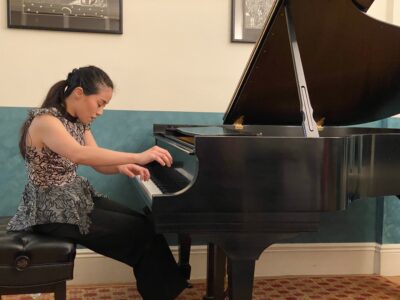
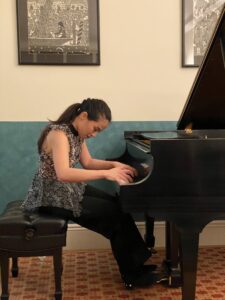
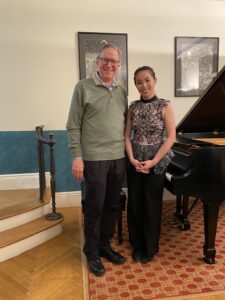
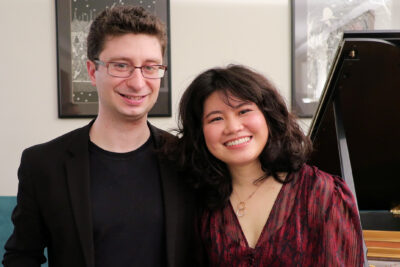
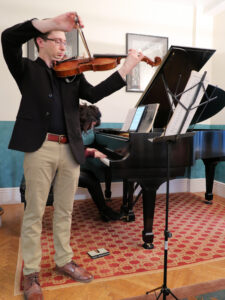
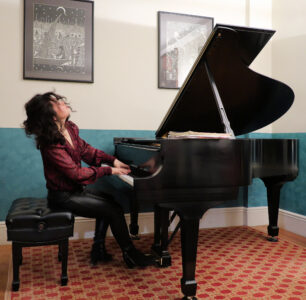
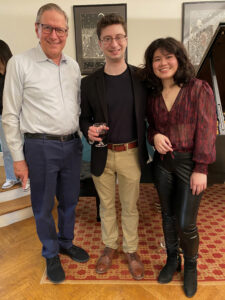
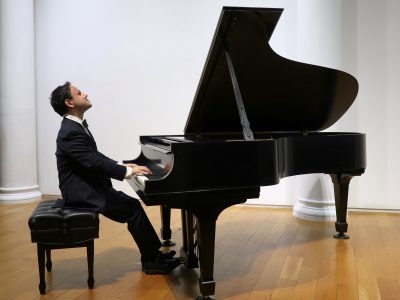
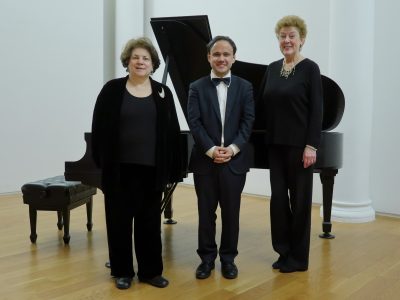
You must be logged in to post a comment.